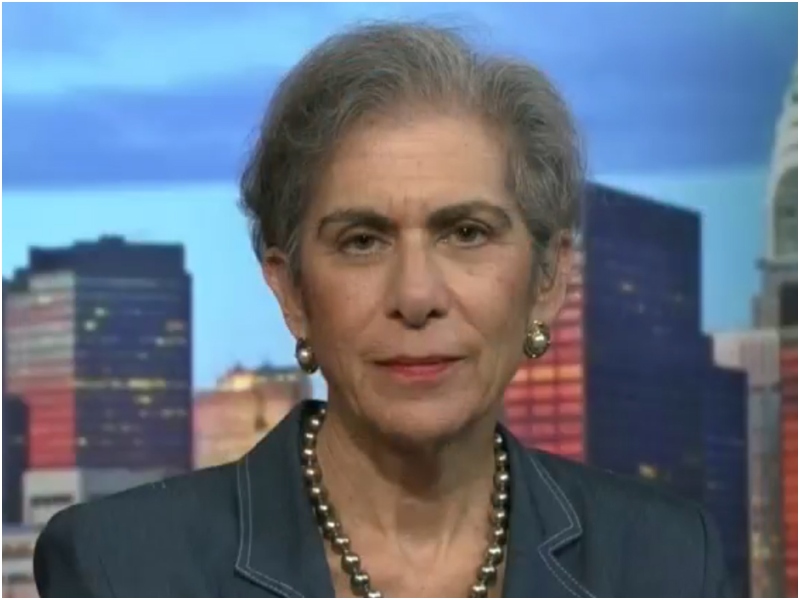Amy Wax, a tenured law professor at the University of Pennsylvania Carey Law School, is pushing back against what she calls the school’s “woke catechism” following disciplinary actions taken against her for controversial statements she made in interviews.
Wax’s statements, including unsubstantiated remarks about Black students and controversial comments about Dr. Christine Blasey Ford, have stirred significant debate and led to disciplinary proceedings against her.
Wax’s troubles began in 2018 when she garnered attention for suggesting in an interview that Black students perform poorly at Penn Law.
Despite admitting she lacked evidence to support her claims, her remarks sparked outrage among students and staff, leading to calls for disciplinary action against her.
In June 2022, then-dean Theodore Ruger called for a hearing to address Wax’s conduct, citing repeated instances of what he described as racist, sexist, xenophobic, and homophobic behavior.
Following a hearing in May the following year, a board unanimously found Wax at fault and recommended sanctions, including a public reprimand, suspension with reduced pay, loss of privileges, and professional development training.
The decision, reportedly imposed by then-President Liz Magill, drew criticism from Wax, who argued that her remarks should be protected under academic freedom principles. She appealed the decision, which remains pending.
In a recent interview, Wax criticized the disciplinary process, labeling the hearing board as “grotesque” and accusing it of violating standards. She also condemned what she described as a “woke catechism” underlying the school’s actions, which she believes prioritize subjective reactions over academic freedom principles.
Despite the ongoing dispute, Wax’s case intersects with broader debates surrounding race-based affirmative action policies in university admissions. A recent Supreme Court ruling, which invalidated such policies at Harvard and the University of North Carolina, has reignited discussions about race-conscious admissions practices.
While Wax’s appeal remains unresolved, her case underscores the complex interplay between academic freedom, disciplinary actions, and ongoing debates about diversity and inclusion in higher education.

